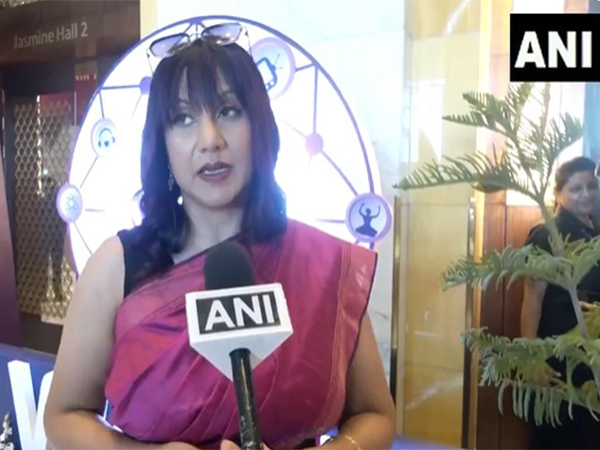Tamil Nadu will continue to follow no-detention policy upto class 8: Education Minister Poyyamozhi
Dec 24, 2024

Chennai (Tamil Nadu) [India], December 24 : Tamil Nadu will continue to follow the 'no-detention policy' up to class 8, Education Minister Anbil Mahesh Poyyamozhi said on Tuesday.
"The Union Government's move to allow schools to detain students in the same class (class 5 or 8) if they fail to clear exams has created a big stumbling block for children from poor families in getting educated without any hassles up to class 8," the minister said.
The central government has amended the Right of Children to Free and Compulsory Education Rules, 2010, introducing provisions for regular examinations and holding back students in specific cases in Class 5 and Class 8 if they fail.
Previously, state governments had the discretion to implement detention policies. While 18 states have opted out of the no-detention policy, an equal number have chosen to retain it.
Under the new "Right to Free Compulsory Child Education Amendment Rules 2024," effective from December 16, regular competency-based examinations will be conducted at the end of every academic year for Class 5 and Class 8 students.
If a student fails to meet the promotion criteria, they will be given additional instruction and a re-examination within two months of the results being declared.
However, students failing the re-examination will be held back in the same class.
Speaking to reporters on Monday, Sanjay Kumar, Secretary of School Education, noted that the new rules will help improve the learning outcomes while giving special attention to students who are not academically strong.
"The Government of India has decided that even after every effort, if detention is necessary, students may be detained. However, no child will be expelled from school until Class 8," he said.
He added, "If a student fails, teachers will provide them with two months of additional instruction, and only in exceptional cases will the student be detained. The focus is on enhancing learning outcomes."
The amendments also mandate that retained students receive specialised inputs to address their learning gaps. The examination process will be competency-based, ensuring holistic development rather than rote learning.



















